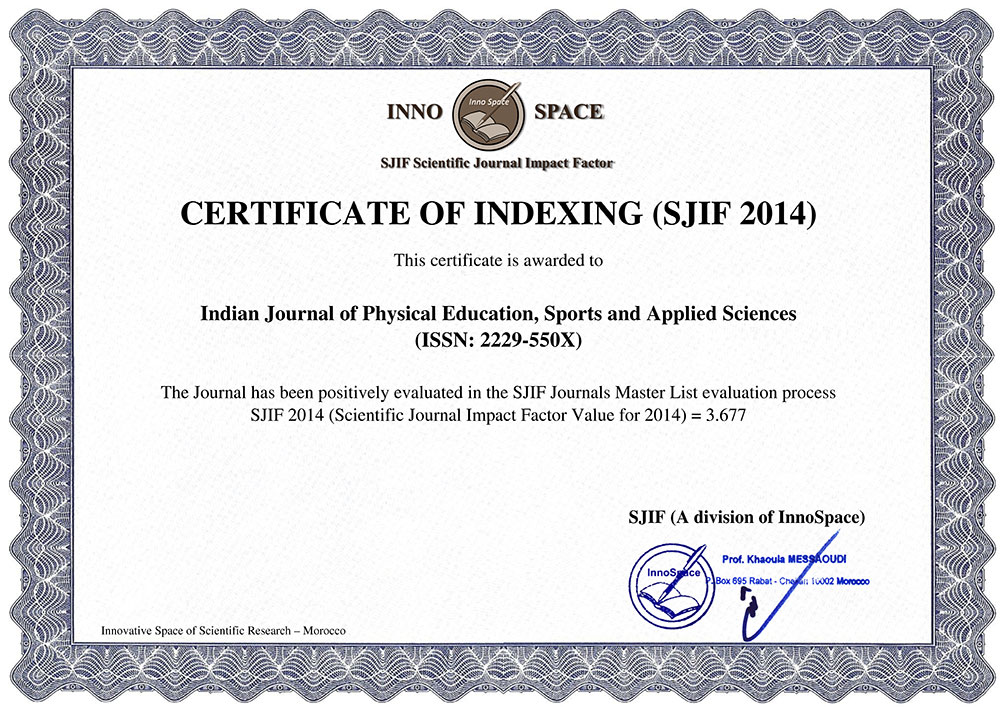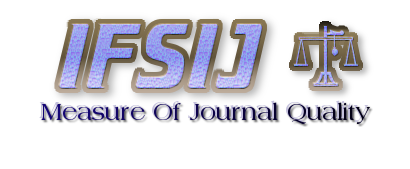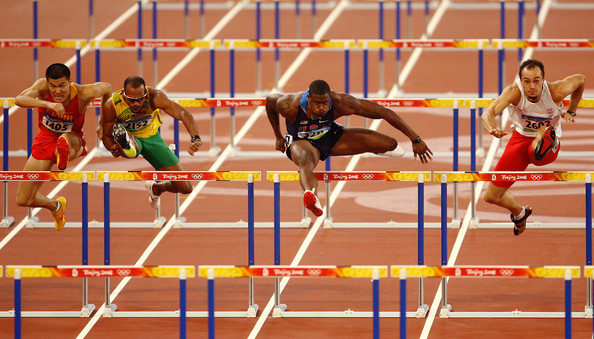INFLUENCE OF RECOVERY HEART RATE ON PERFORMANCE OF MIDDLE DISTANCE ATHLETES
2019, July, July, Volume 9-Number 3 September 18, 2019| Author name : | Limon Kumar Saha and Dr. Ashim Kumar Bose | ||||
|---|---|---|---|---|---|
| Page no : | 12-19 | Volume : | 9 | Issue : | 3 |
doi no.: 05-2016-44975451, DOI Link :: http://doi-ds.org/doilink/09.2019-28461245/
Limon Kumar Saha1 and Dr. Ashim Kumar Bose2
Affiliations
1 Assistant Professor in Physical education, Post Graduate Govt. Institute For Physical Education, Banipur, 24 Pgs(n), W.B., e-mail : limonmisti@gmail.com
2 Professor, Post Graduate Govt. Institute For Physical Education, Banipur, 24 Pgs(n), W.B., e-mail : ashimbani@gmail.com
ABSTRACT
The purpose of the present study was to evaluate the influence of recovery heart rate after immediate exercise on performance of middle distance athletes. Seventeen (N=17) middle distance tribal athletes were selected purposively as subjects for this study who belonged from Dooars of Jalpaiguri district. Their age ranged from 18 to 22 years. Initially, pulse rate of athletes were recorded as resting heart rate. Performance level was measured through time in 1500mt. run. Recovery heart rate of athletes were measured in three phases. Immediate after finishing of 1500mt. run, pulse rate was measured as predictive maximum heart rate. During recovery period, pulse was counted for three times that was on 1-1:30 min., 2-2:30 min. and 3-3:30 min. respectively after completion of race. Relative change in heart rate was calculated as maximum heart rate minus heart rate in 1st phase or heart rate in 2nd phase divided by HRmax minus HRresting. To mark the association of performance level of tribal athletes with recovery heart rate, Pearson’s Product Moment correlation of coefficient was employed. No significant results were obtained in relation to recovery heart rate after exercise with performance of middle distance tribal athletes. Although a positive relationship was existed in each phases of recovery heart rate and performance of middle distance tribal athletes.
Key words : Recovery heart rate, Performance, Middle distance athletes.
DOWNLOAD FULL TEXT: 
BIBLIOGRAPHY
Borresen, J., & Lambert, M. I. (2008). Autonomic control of heart rate during and after exercise. Sports medicine, 38(8), 633-646.
Darr, K. C., Bassett, D. R., Morgan, B. J., & Thomas, D. P. (1988). Effects of age and training status on heart rate recovery after peak exercise. American Journal of Physiology-Heart and Circulatory Physiology, 254(2), H340-H343.
Du, N., Bai, S., Oguri, K., Kato, Y., Matsumoto, I., Kawase, H., & Matsuoka, T. (2005). Heart rate recovery after exercise and neural regulation of heart rate variability in 30-40 year old female marathon runners. Journal of sports science & medicine, 4(1), 9.
Imai, K., Sato, H., Hori, M., Kusuoka, H., Ozaki, H., Yokoyama, H. & Kamada, T. (1994). Vagally mediated heart rate recovery after exercise is accelerated in athletes but blunted in patients with chronic heart failure. Journal of the American College of Cardiology, 24(6), 1529-1535.
Lamberts, R. P., Swart, J., Noakes, T. D., & Lambert, M. I. (2009). Changes in heart rate recovery after high-intensity training in well-trained cyclists. European journal of applied physiology, 105(5), 705-713.
Pierpont, G. L., Stolpman, D. R., & Gornick, C. C. (2000). Heart rate recovery post-exercise as an index of parasympathetic activity. Journal of the autonomic nervous system, 80(3), 169-174.
Vlatko, V., Tomislav, D., & Davor, S. (2011). Heart rate recovery after a graded exercise test in sprinters, middle distance, long distance and 400m runners.







